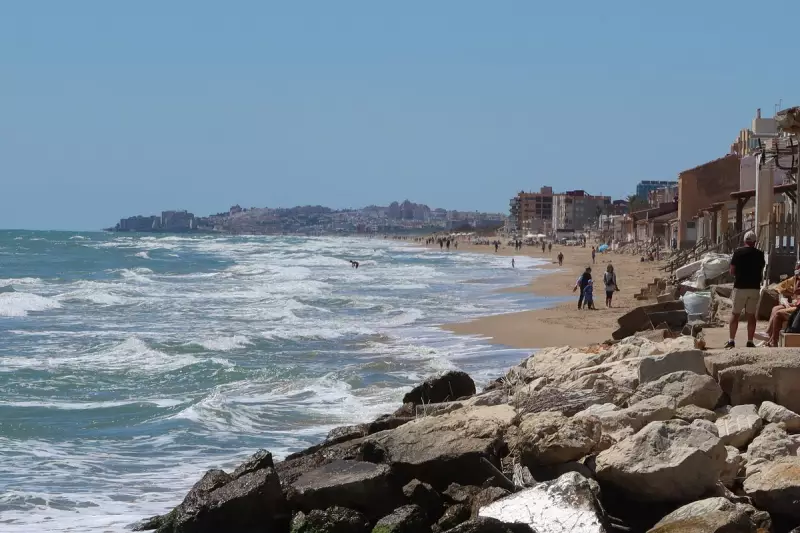
Beachgoers and swimmers on the sun-drenched shores of Guardamar del Segura in Alicante, Spain, have been met with an unexpected and dangerous visitor. The venomous Blue Glaucus, more dramatically known as the 'Blue Dragon' sea slug, has been washing up on the sand, prompting urgent warnings from local authorities and marine experts.
The creature's dazzling, otherworldly appearance—a striking blend of silvery blue and dark blue patterns—belies a potent sting. It is a powerful predator that feeds on poisonous Portuguese Man o' War jellyfish, absorbing and concentrating their venom to become even more toxic than its prey.
Why This Slugs Packs a Powerful Punch
Despite its small size, rarely exceeding three centimetres, the Blue Dragon is one of the ocean's most efficient and dangerous hunters. Its unique defence mechanism makes it a significant risk to humans.
- Concentrated Venom: By storing the stinging cells (nematocysts) from the Man o' War, its sting can cause extreme pain, nausea, and fever.
- Air Bubble Floatation: It swallows air bubbles to float on the ocean's surface, often leading it to be swept ashore by winds and currents.
- Immediate Medical Attention: A sting requires rinsing with saltwater (never fresh water) and seeking immediate medical help.
Expert Advice: Look, Don't Touch
Local environmental councillor, Pilar Gómez, has issued a clear directive to the public. While the arrival of these creatures is a natural phenomenon linked to seasonal winds, interaction is strictly discouraged.
'The recommendation is clear and simple: do not touch them,' stated Gómez. The town hall has officially advised all visitors to exercise extreme caution and to immediately alert local lifeguards or police if any of the slugs are spotted on the beach.
This event highlights the fascinating yet often hidden dangers of marine ecosystems, reminding us that the most beautiful creatures in nature can sometimes be the most perilous.





